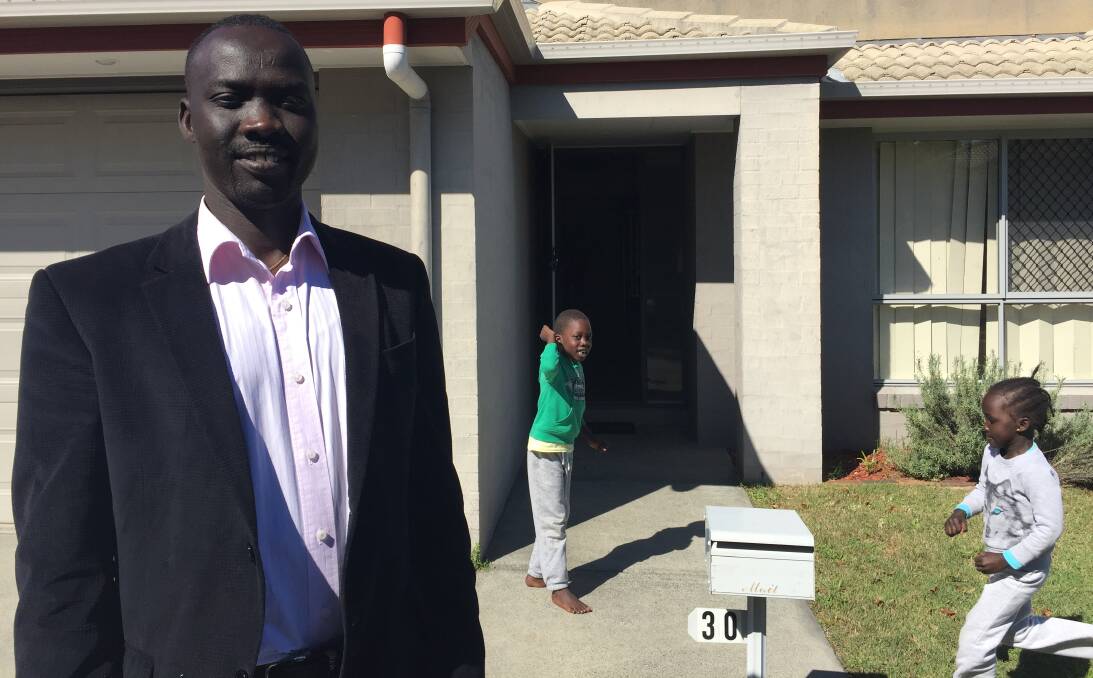
Today marks the final day of Queensland’s inaugural month long celebration of the multicultural fabric that makes up the state.
Create a free account to read this article
$0/
(min cost $0)
or signup to continue reading
One of the highlights of Queensland Multicultural Month was the announcement of the first ever Multicultural Queensland Advisory Council.
Minister for Multicultural Affairs Grace Grace said the 11 member council would play a significant role in giving Queenslanders from multicultural communities a voice in the development of policies that affect them and help shape Queensland’s multicultural future.
Regents Park resident Elijah Buol has been named as one of the members of the council.
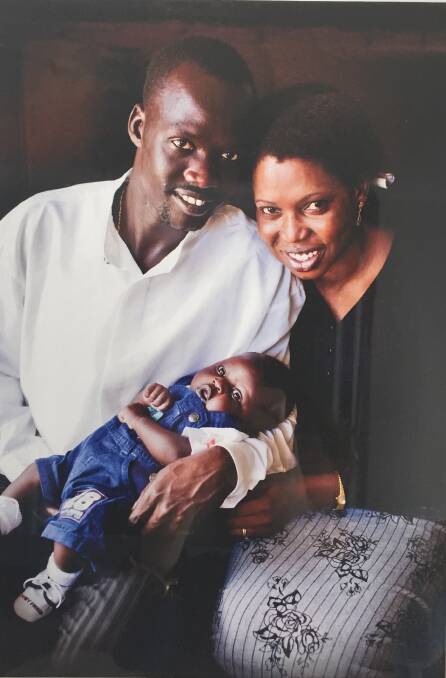
Mr Buol arrived in Australia in 2002 as an unaccompanied minor.
A child refugee born into war
He was just nine years old when he was displaced by the ongoing war he had been born into and lost both his parents to.
“It’s part of life,” he said,
“When you grow up in war, you get used to it.
“I walked with me cousins to Uganda where we were placed in a refugee camp.”
Inside the camp was a primary school, which Mr Buol was able to attend.
“Life in the camp was hard, especially without parents,” he said,
Despite the enormous challenges faced by the boy, he excelled academically and received the highest grades in the region, which earned him a scholarship from the United Nations.
“I was able to attend the Duhaga Secondary School in Hoima, where I lived in a boarding school,” he said.
He was granted a humanitarian visa and in 2002 arrived in Australia at the age of 17, with a group of eight unaccompanied minors from South Sudan.
“We looked after each other,” he said.
“Adapting was a challenging journey, but the important thing for us was to take opportunities and take the bad experiences we had had and turn it into good.”
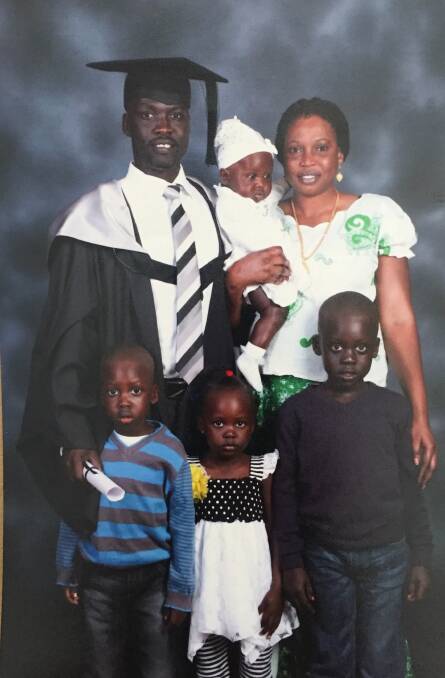
A new life of giving and learning
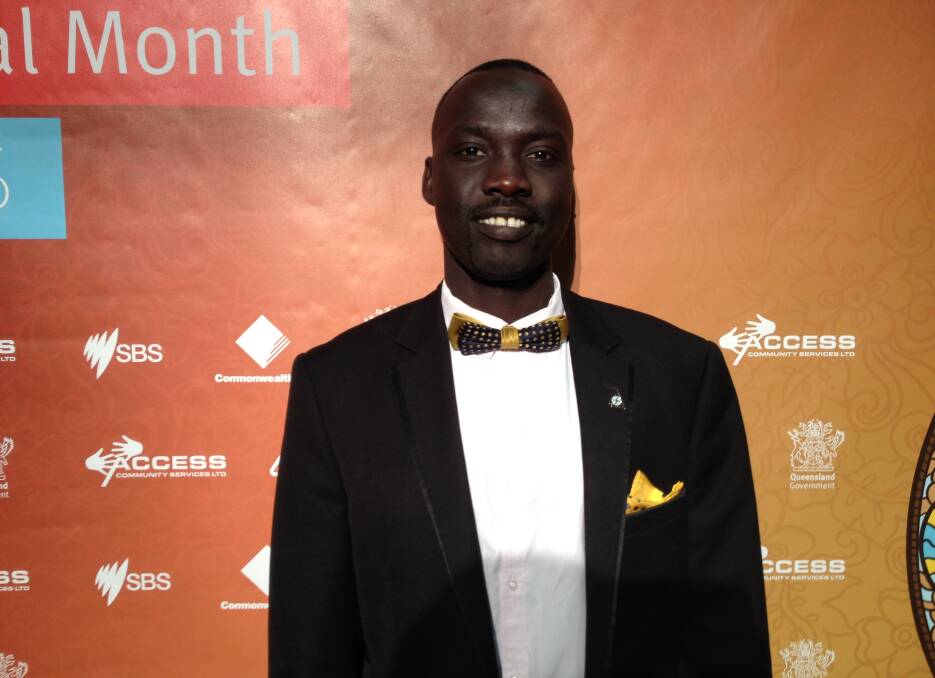
Mr Buol certainly did grab every opportunity he could.
Upon completion of high school he undertook a diploma in community welfare, followed by a bachelor of human services, graduate certificate in intelligence and master of justice degree.
He is barely into his 30s but is currently completing his masters of law.
“I believe in continual learning, and decided to study law in order to understand the legal system,” he said.
“The approach to the law is totally different in Australia to Africa.
“Here people respect the legal system and it is well implemented.”
With his life’s motto “to turn cannots into cans and turn dreams into plans,” Mr Buol strives to make a positive impact on his community.
“I want to contribute to the country that gave me a new life, with opportunity,” he said.
“When I reflect back on my childhood I feel obliged to do something to help and make the world a better place.
“The question I ask myself is how can I be part of the change for the betterment of humanity?
“I am continually looking for ways in which I can contribute individually and collectively whether it be to the culturally and linguistically diverse communities, youth or refugees.”
Community champion
His mission to be the change has seen Mr Buol placed in a number of community leadership positions.
He is a director of the Ethnic Communities Council of Queensland and vice president and treasurer of the Youth Affairs Network of Queensland as well as the former president of the Queensland African Communities Council.
He has been a recipient of the Minister of Multicultural Affairs’ award for outstanding community leadership in promoting inclusion and harmony.
He is also a husband and father of four.
“I could not have achieved what I have without the support of my beautiful wife Ashol,” he said.
Mr Buol is one of the fortunate few whose life did not meet a dead end after he was displaced and orphaned by the second civil war in South Sudan.
As an unaccompanied minor he was granted a humanitarian visa and resettled in a country free of conflict.
“That is the beauty of Australia, you can live here with no fear of war or violence,” he said.
It is a privilege denied to millions, and a dream South Sudanese are swiftly losing sight of as a renewed wave of violence swept across the world’s youngest country last month.
For many Australians like Elijah Buol, whose four sisters and their children are still in South Sudan, it is a cause of deep worry.
Renewed crisis in South Sudan
More than 70,000 South Sudanese have crossed the border with Uganda since fighting erupted in the capital, Juba, last month between forces loyal to South Sudan's President Salva Kiir and his former Vice President Riek Machar.
The country descended into conflict in December 2013 after Kiir accused Machar of plotting a coup.
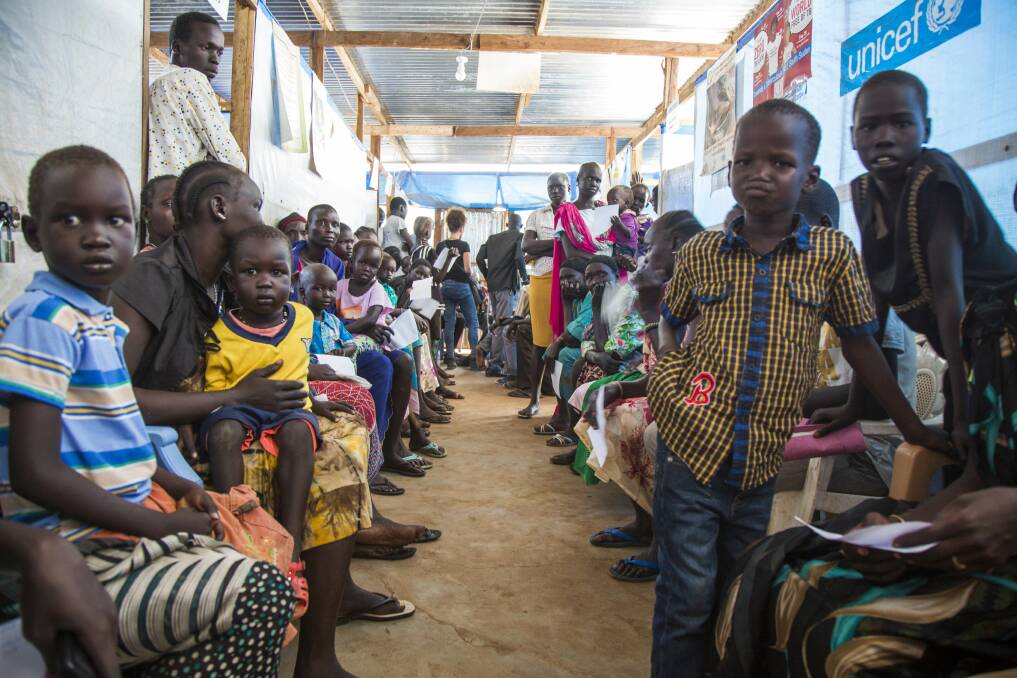
More than 1.6 million people have been displaced in the country due to the conflict, 60 per cent of whom are children.
Many of the area's inhabitants had only recently returned from Sudan, where they had fled during the second civil war, which began in 1983.
The United Nations High Commissioner for Refugees (UNHCR) said it was registering around 1,000 South Sudanese each day who have fled to Uganda.
A peace deal signed in 2005 between the Khartoum government and the SPLM, the former liberation movement and current ruling party, ushered in South Sudan's independence in 2011, prompting hundreds of thousands of South Sudanese to return in hope of starting a new life in their own country.
UNICEF Deputy Executive Director Justin Forsyth said the scale of the crisis in the world’s youngest country was staggering.
Children South Sudanese children suffer horrific ordeals
Since violence erupted on December 15, 2013, about 900,000 children have been internally displaced.
More than 13,000 children are missing, have been separated from their families or are unaccompanied.
Over half the country's children are out of school - the highest proportion of out-of-school children in the world.
An estimated 16,000 children have been recruited by armed forces and groups since the conflict began.
“Children continue to endure horrific ordeals,” Mr Forsyth said.
“With traditional social structures damaged, children are also increasingly vulnerable to violence and to sexual abuse and exploitation.
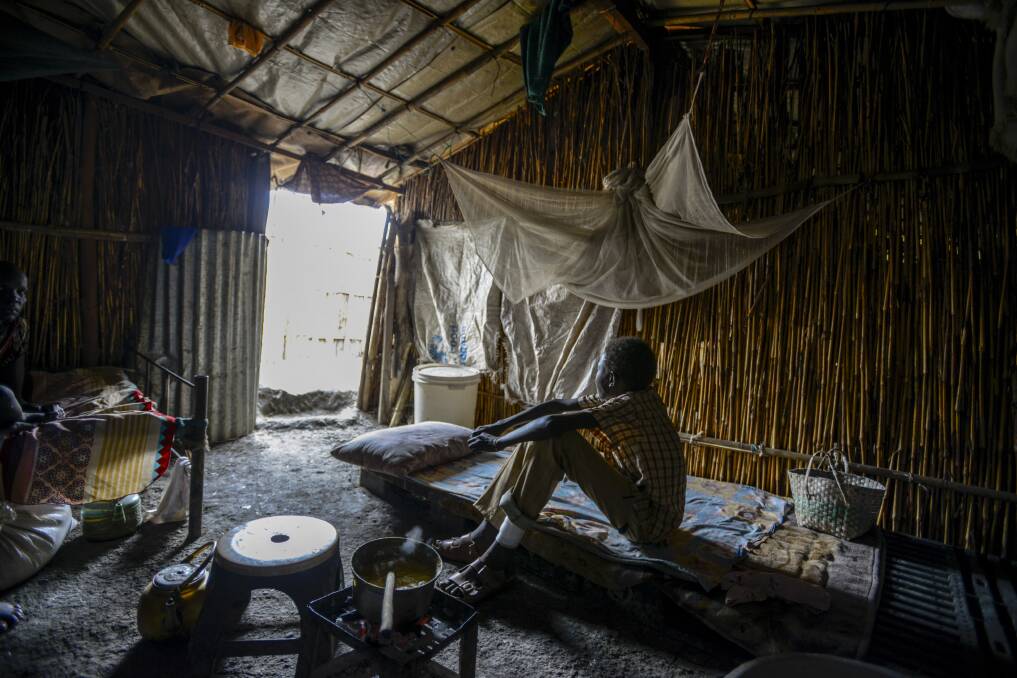
“Recent reports point to widespread sexual violence against girls and women.”
Meanwhile 250, 000 children also face severe acute malnutrition.


